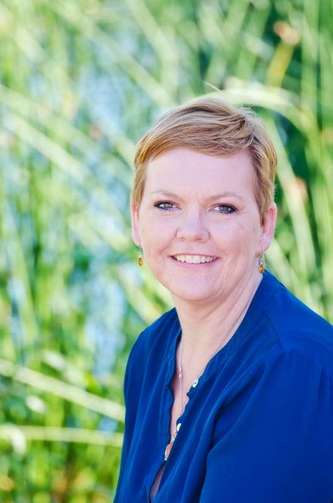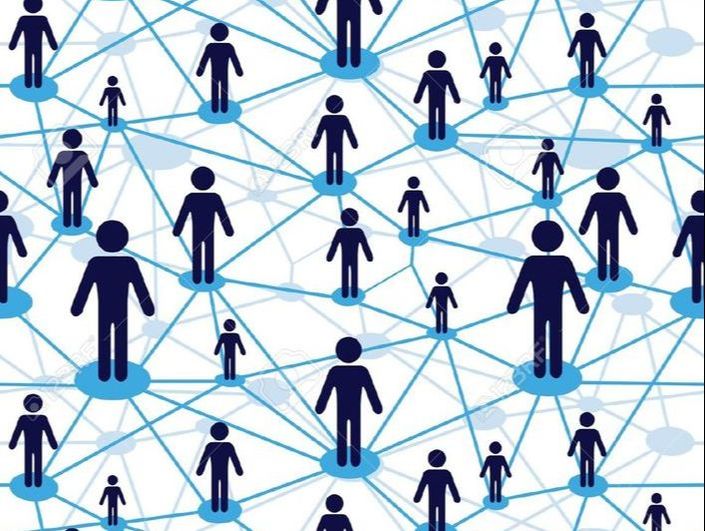Kara Keating M. A.When I began my degree in Organizational Leadership with Gonzaga University, I wanted to understand the dynamics of successful organizations. By the end of the program, I understood that it is the capacities of the leaders in any organization that make the biggest impact on its growth. My purpose is to help develop leaders connect to their true-self capable of solving current challenges in the contemporary organization.
|
LEADERSHIP PHILOSOPHY
SERVANT -LEADERSHIPRobert Greenleaf writes, "As a framework for leadership development, servant-leadership is focused on the development of the person and the organization for the purpose of creating a more serving, caring society." Servant-leadership creates a more caring society through global systems thinking and the movement toward wholeness of every person in the organization.
Global systems thinking means that a servant leader looks at organizational systems from the micro to the macro. Being a good leader means having both the grasp of the local and individual impact of our decision and their implication on a global and spiritual scale. That movement from micro to macro in servant-leadership leads to an expanded awareness of the wholeness that exists within each individual, the collective of the people in an organization, and globally as a society. All true growth moves from the inner self (micro) out towards the service of others (macro). The more leaders embody presence, centeredness, and the capacity to listen for intuition, the more the relationships and systems around their organization will also move toward wholeness. The more leaders help others to develop their inner presence, centeredness, and capacity to listen to intuition, the more we all move forward in wholeness. The wholeness of the world is dependent on the movement toward wholeness on individual scale. |
INNER WISDOMThe servant leader practices foresight, which is about getting to the right questions, rather than the right answers. I think this is best exemplified in the idea of logos or the center of wholeness. Leaders can either be in self-embeddedness moving away from logos, or transcending the self and moving towards logos.
Foresight is about getting our narrow view out of the way to listen for and quickly act upon what is emerging from the collective intelligence. Foresight is about getting rid of what we think we know to move towards what wants to emerge from people both individually and collectively. How do we learn to listen to the emerging future? By creating a sacred space for people to explore the emerging future together. I trained in Circles of Trust and Quaker Clearness Committee work through the Center for Courage and Renewal because the Quakers understand the idea that we are a community of solitudes; each one of us has an individual inner light that must be expressed within the context of the community; each community takes on the foundation of the individuals who create it. I understand that within each person there is infinite wisdom which can be tapped into if a sacred container for personal and organizational growth is created. As Parker Palmer writes in A Hidden Wholeness, "The relationships in such a group are not pushy but patient; they are not confrontational but compassionate; they are filled not with expectations and demands but with abiding faith in the reality of the inner teacher and in each person's capacity to learn from it." |
UBUNTUThe servant-leader promotes individual and collective actualization. One of the ways to create the sacred container for organizational growth is through the concept of Ubuntu, which is exemplified in Desmond Tutu’s book on restorative justice. Ubuntu means that we are all interconnected; your well-being is as important as my well-being, and we have a moral obligation to each other.
Desmond Tutu writes, "We are bound up in a delicate network of interdependence because, as we say in our African idiom, a person is a person through other people. To dehumanize another inexorably means that one is dehumanized as well." I am bound to others as they are bound to me, which means that it is in our best interest to help each other individually and collectively actualize. Our healthy independence is needed to create healthy interdependence. It is through our own self-actualization that we can help others self-actualize. It is not an either-or proposition for the individual and community; rather, both need to be nurtured for wholeness, and both aspects can bring wholeness to the other. A leaders wholeness and capacity to live authentically from their inner self gives others permission to do the same. |




